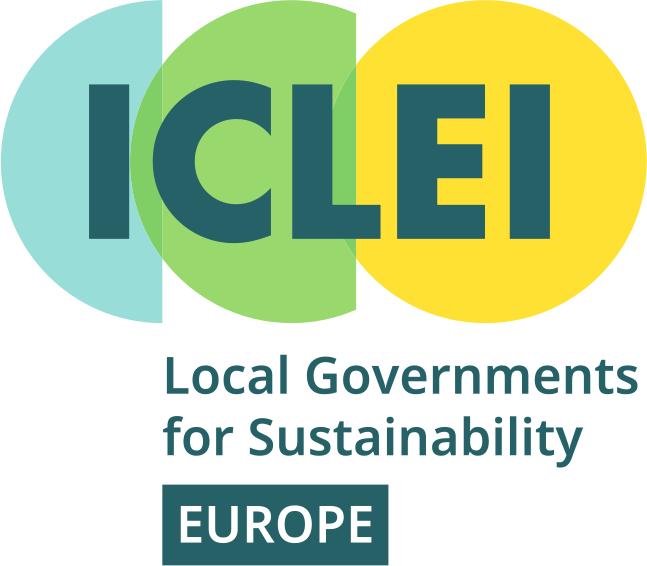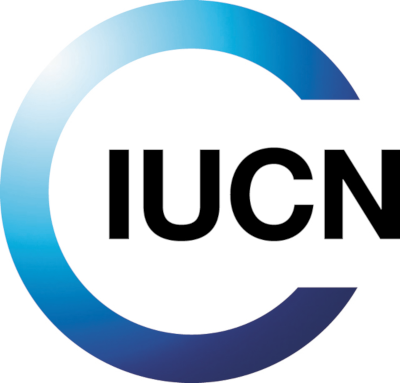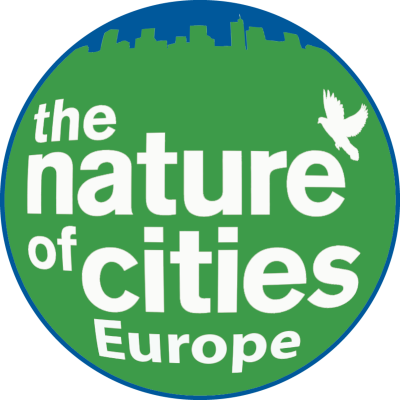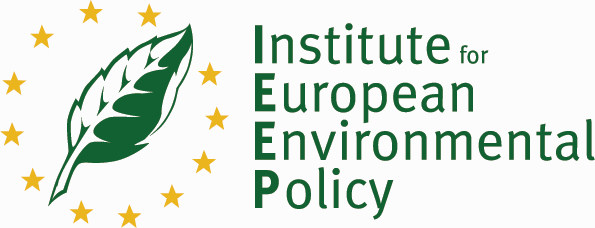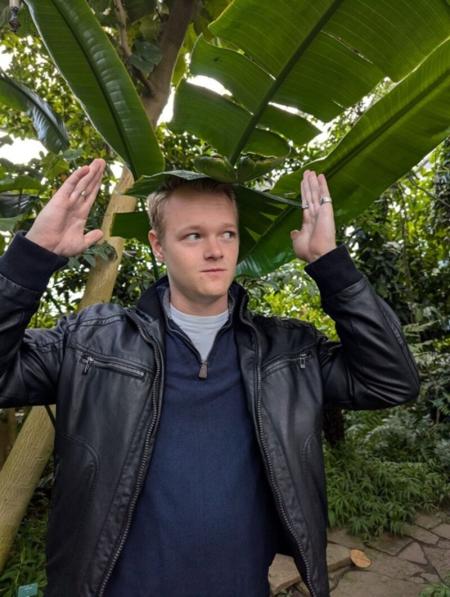
What is NetworkNature Reads?
#NetworkNatureReads is inspired by #ReadingRainbow and the #NewYorkTimes #ByTheBook series, both of which spread a love of reading by highlighting stand out books and the people who love them. Our goal is to do the same, but with a #naturebasedsolutions flavor. Every month, we will feature one book selected by a NetworkNature member. We believe that literature widens perspectives and can foster connection with human and environmental communities. Read Wild Geese by Mary Oliver if you aren’t sure what we mean. This month’s interviewee is Jacob Broehm, a podcast extroardinaire.
Want to get involved? Contact hello@networknature.eu to suggest a book!
Tell us about yourself! What role do nature and reading play in your life?
As a Communications Expert at ICLEI Europe, I have the opportunity to engage with many different topics of sustainability, many of which I had no experience with before. One of these topics is nature-based solutions, as I am part of the communications team for the Naturance project which combines nature and finance and has an online event in February. To accompany this work in my free time, I enjoy finding a nice outdoor cafe near the Black Forest and settling in with a good book. I find it much easier to read with the sounds of nature, the breeze and the sun as compared to an indoor environment.
Which book did you pick and why?
When hearing about the #NetworkNatureReads campaign, I began thinking of which book would be the right (and fun) pick. I had the pleasure during the Fall to read the classic book Dracula by Bram Stoker, a Gothic horror novel from the late 19th century. Although the novel doesn’t focus specifically on nature, it does include vivid descriptions of the Carpathian Mountains, dense forests, and wild terrains that evoke the power and beauty of nature. I picked this book because these nature settings are an integral piece to the mysterious and suspenseful atmosphere of the book.
Can you share a specific moment from the book that resonates with you personally? How does it connect to your work with Nature-based Solutions projects?
During the introduction of the book, the author sets the scene with descriptions of the wild, unknown landscape of Transylvania (Romania) which truly evokes a sense of awe and respect for the power and mystery of nature. This scene reminds me of the intrinsic value of natural spaces and their role in shaping human experiences and, in some cases, human resilience towards challenges and hardship.
In what ways do you see the themes or lessons from the book aligning with the goals of conservation and the challenges we face in combating biodiversity loss today?
A new evil force is introduced to mankind in this book, vampires. These beings have immense control over nature, as Dracula (the vampire of the book) has influence over animals and the environment, such as wolves, bats, and the weather. As cliche as it may sound, Dracula reminds us that to thrive, we must work with, not against, the natural systems and mechanisms that sustain life. It may not be the first thought the reader may have while reading this book, but it is an important lesson nonetheless.
If you were recommending this book to a colleague or a friend within the conservation community, what key takeaway or message would you highlight?
Dracula will not be the first book that comes to a reader’s mind when they are looking for a book with a focus on nature conservation. The book is, however, a great way to understand how human’s in the past (think Victorian England) viewed the power of nature, animals and weather. This imagination really flourished one of the most popular classic books and is a great reminder that an appreciation of nature can be found with the most grim, mysterious and evil of plots.

